
Rajasthani Marriage Rituals
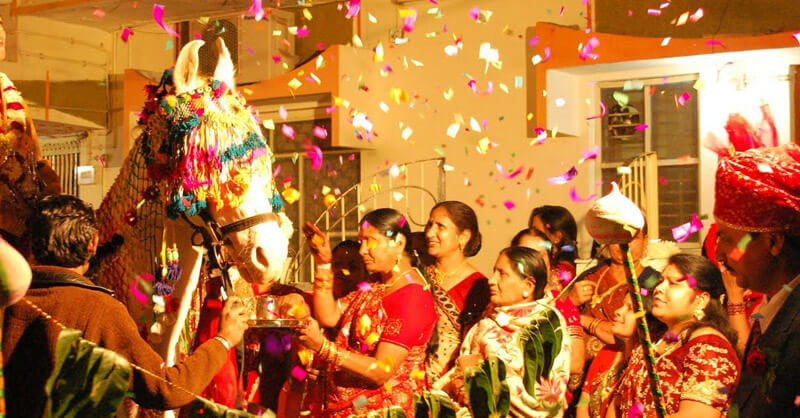
Rajasthani nuptial ceremonies are mesmerizing and their wedding attire, food and jewellery imitates an elite charm.
Pre Wedding Rituals
Engagement Ceremony: Engagement ceremony is the first and foremost ceremony which is also known as Tilak ceremony. This ceremony usually took place at groom’s house and male members of bride’s family visits groom’s places. It is a religious custom in which brother of bride applies Tilak on groom’s forehead.
Ganesh Sthapana: Ganesh Puja is the indicator of the beginning of wedding fun. It is a holy belief in Hindu mythology to seek blessing from God Ganesh before starting anything new and Ganesh idol is installed and worshipped at bride and groom’s homes as he is known as Vighanharta (Removal of Evil)
Sangeet Ceremony : This Marwari wedding custom usually takes place 2-3 days before the day of wedding in which both the family meets . Traditional and folk dance are part of this Custom and event is followed by a lavish dinner. Ghoomar, Teratali, Kalbelia are the various forms of traditional dance that are performed.
Mahira: There is the involvement of maternal family of bride and groom for performing this wedding Ritual. The respective maternal family (‘’Mama’’ and their family) are invited to groom’s and bride’s house for a traditional meal. The Uncle (“Mama”) in turn offers gifts and money to his nephew and niece. It is responsibility of every brother to offer sister with help at her child’s marriage.
Pithi Dastoor: In this ceremony family members of both bride and groom are supposed to apply turmeric and sandalwood paste on face and body of bride and groom. This wedding ritual is executed at their respective homes and bride and groom can’t go out till wedding day.
Janev Ritual and PallaDastoor: Janev is a religious ritual in which groom is required to wear a white thread and bride worship Goddess Gauri in Palla dastoor for her successful marriage life.
Nikasi: When Baraat starts to moves towards the bride’s place it is known as Nikasi.
Baraat: Groom leaves for the wedding venue. This is a very grand procession and usually the groom is dressed in sherwani and churidars. The young members and friends are allowed to dance at the entry of bride’s place.
Wedding Rituals
Toran: This is usually the welcoming of groom at the entrance of the wedding venue. Toran is placed at the entrance and groom is asked to hit the Toran with the sword or neemstick.
Jaimala: Exchange of Garlands By bride and groom is known as Vermala or Jaimala.
Paanigrahan: Paanigrahan is a custom in which groom promises her bride to stand her during all situations whether sad or happy.
Pheras: This is the most sacred wedding ritual in which bride and groom revolves around the fire and takes their nuptial oaths. There is a promise in every round which both are required to retain for their entire life.
Bidai: This is when bride and groom depart to their new homes together. This is one of the most emotional moments for bride and bride’s family as well. Under the car’s wheel, a coconut is kept and bride’s brothers are supposed to push the car.
Post Wedding Rituals
Grihapravesh: Puja is carried out at the groom’s place when bride firstly enters into the husband house.
Pagelagni: after the wedding, this is the ceremony that takes is carried out. In this formal introduction is carried out between family member and bride. The bride touches the feet of everyone in turns of which she receives the blessings and gifts.
Search Life Partner
with BhagyaVivah Matrimony
The Next Generation's Choice of Matchmaking
Related Articles
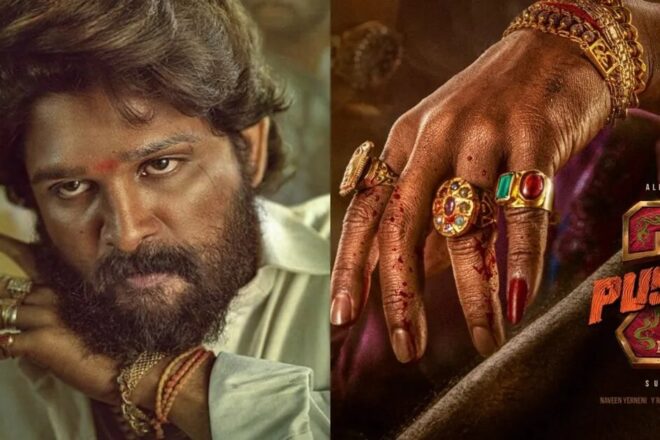
Telugu Matrimony | New update on ‘Pushpa 2′ movie, will bring smiles on fans’ faces
Thillai Matrimony | People are eagerly waiting for Allu Arjun’s film Pushpa 2: The Rule. The film was earlier scheduled to be released on August 15, but due to incomplete shooting, it was decided to release it on the big screen on December 6. Recently, various types of things were coming out on social media […]
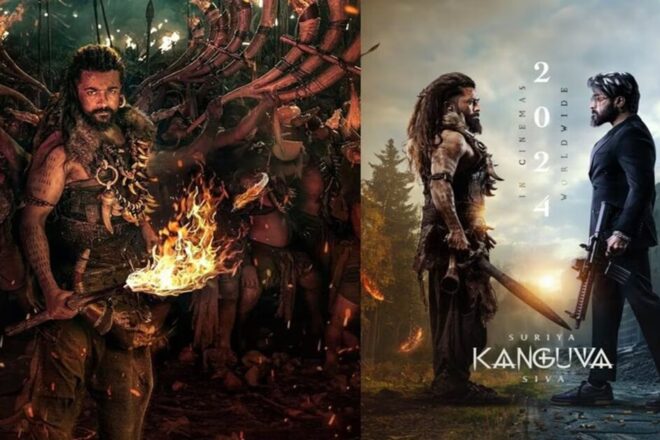
Thillai Matrimony | Big update on Suriya’s ‘Kanguva’, will be released this month!
Thillai Matrimony | Actor Suriya’s new film ‘Kanguva‘ is eagerly awaited by the audience. Since watching the teaser of the film, there has been an atmosphere of curiosity about the film among the audience. A different avatar of superstar Suriya was seen in the teaser. Until ‘Kanguva’ is released, new updates will continue to come […]
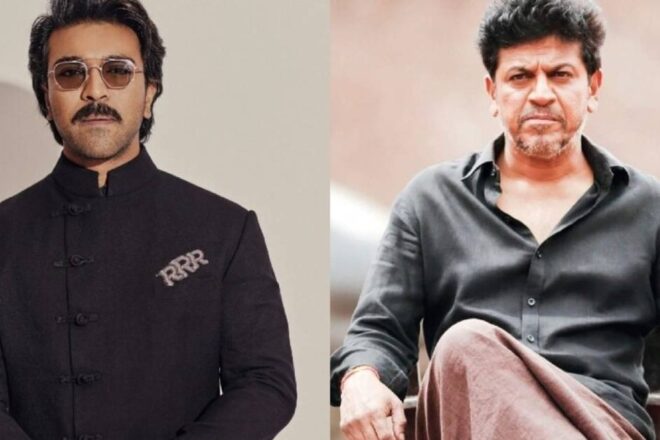
Kannada Matrimony | Kannada superstar to star in Ram Charan’s ‘RC16’
Thillai Matrimony | RC16 is one of the most awaited films of this year, with Ram Charan and Janhvi Kapoor in lead roles. The audience is eagerly waiting for the smallest information related to the film. Ram Charan and director Buchi Babu have joined hands again after Uppena for this film. His first film proved […]
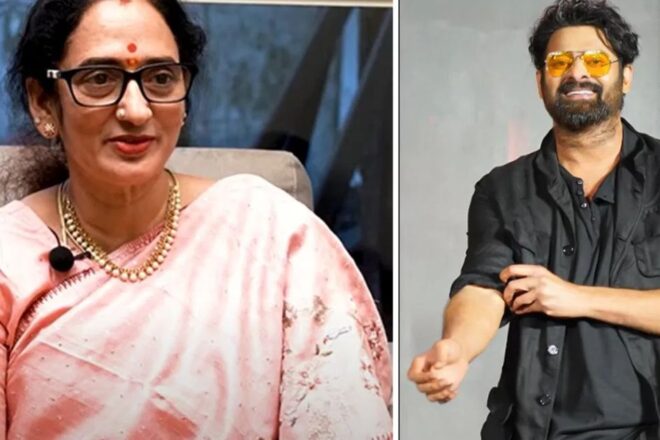
Prabhas Movies | Is Prabhas going to get married after the success of ‘Kalki 2898 AD’?
Telugu Matrimony | Prabhas is one of the biggest stars in the Telugu industry. Apart from films, he often comes into the headlines due to his personal life. The actor is currently basking in the success of his film Kalki 2898 AD. Meanwhile, recently the discussion of their marriage intensified from once. Amidst the ongoing […]
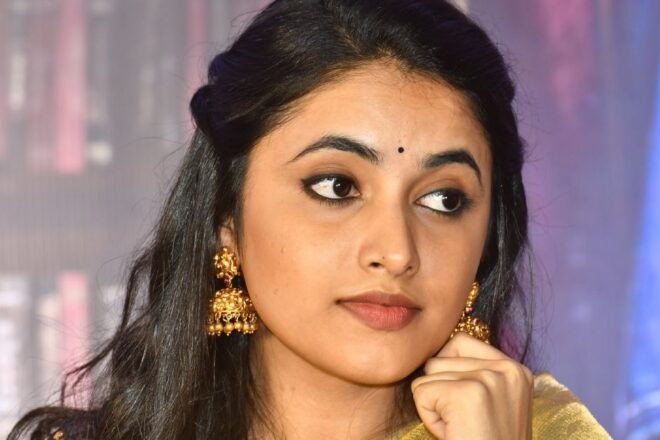
Priyanka Mohan | Priyanka Mohan starts dubbing for ‘Saripodha Sanivaram’, role of a police officer
Tamil Matrimony | Actor Nani is constantly giving hits. He is now in discussion about his next film ‘Saripodha Sanivaram’. Actress Priyanka Mohan will also be seen in the lead role in this film. Recently, the makers shared Priyanka’s look from the film and now another update related to her has surfaced. According to media […]
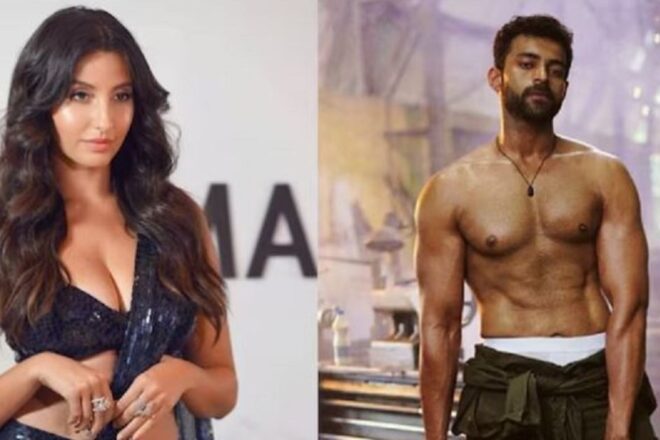
Telugu Matrimony | Nora Fatehi joins Varun Tej in Hyderabad for big budget film Matka
Thillai Matrimony | Global sensation Nora Fatehi is all set to make her mark as the lead actress in the Telugu film industry. Nora Fatehi is playing a pivotal role in the upcoming big budget Telugu film ‘Matka’. Starring alongside Varun Tej and Meenakshi Chaudhary, his debut in the industry as an actor is surely […]

Telugu Matrimony | Kalki 2898 AD will soon knock on OTT, where to watch the film
Thillai Matrimony | The film ‘Kalki 2898 AD‘ has created a stir with its earnings worldwide. Since its release, the film has been earning bumper at the box-office. Released in six languages including Hindi, Telugu, the film is getting a lot of love from fans. Kalki 2898 AD to be released on OTT Meanwhile, a […]

Pushpa 2 | Pushpa 2 Release Postponed, Allu Arjun’s Team Member Confirms
Telugu Matrimony | South film industry superstar Allu Arjun’s film ‘Pushpa 2‘ is one of the much-awaited films of the year 2024. Fans of this film are eagerly waiting. Allu Arjun’s film was scheduled to be released on August 15. The clash of this film was going to be with many films. After this, the […]
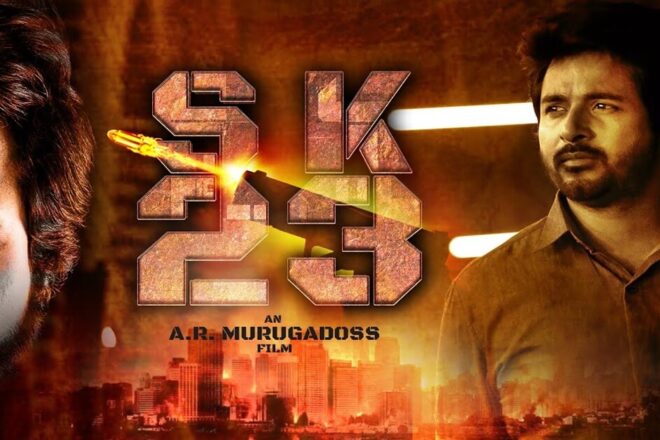
Christian Matrimony | Vikrant becomes part of AR Murugadoss’s film, new updates on ‘SK 23’ movie
Chavara Matrimony | After Vidyut Jammwal, another actor has joined the cast of Sivakarthikeyan and AR Murugadoss’s upcoming film ‘SK 23’. The makers of the film took to their official social media handles to welcome Tamil actor Vikrant. Along with the announcement, the makers also shared an interesting and stylish poster of the actor from […]

Thillai Matrimony | Tamil superstar Suriya’s upcoming movie Kanguva is in constant news
Thillai Matrimony | Tamil superstar Suriya starrer film ‘Kanguva’ has created a huge buzz. Every information related to this film starring Suriya and Bobby Deol starts going viral in minutes. The makers of this film starring Surya and Bobby Deol are also keeping this enthusiasm of the fans. Recently, on the day of Tamil New […]
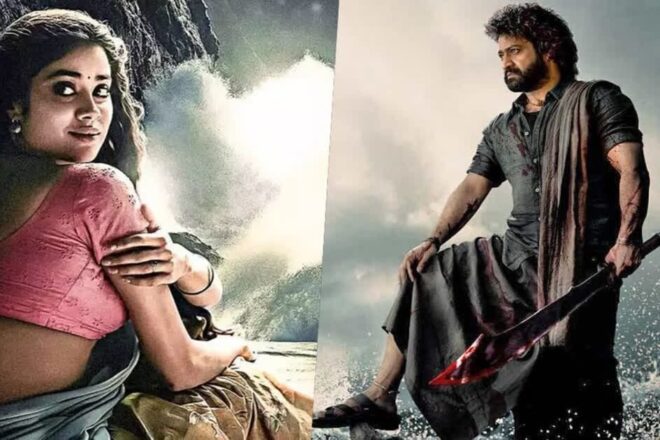
Telugu Matrimony | Telugu superstar Jr NTR and Janhvi Kapoor’s upcoming movie Devara
Telugu Matrimony | Telugu superstar Jr NTR and Janhvi Kapoor starrer director Koratala Siva’s upcoming movie is currently a craze among the audience. The film is directed by Koratala Siva. This is a pan India release film of superstar Junior NTR and Janhvi Kapoor. Which the makers have made on a grand scale. Makers are […]
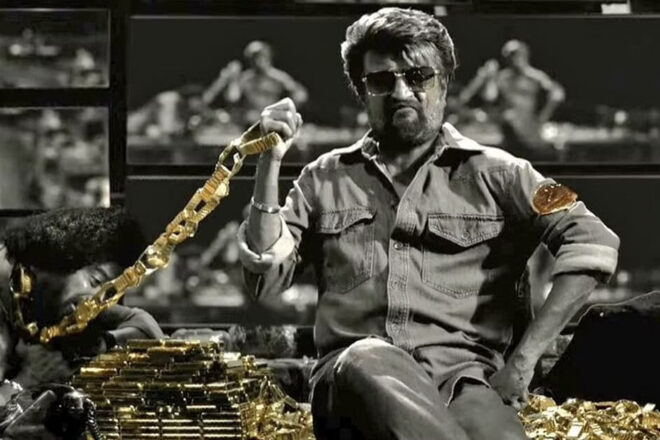
Tamil Matrimony | Rajinikanth’s ‘Thalaivar 171’ to be titled ‘Coolie’, Teaser released
Tamil Matrimony | Fans eagerly wait for Rajinikanth’s films, who rule the hearts of people with their best performances from South to Bollywood. Rajinikanth’s film ‘Thalaivar 171’ has been in the news ever since it was announced. Now the title of Rajinikanth’s film ‘Thalaivar 171’ has been announced and it will be known as ‘Coolie‘. […]
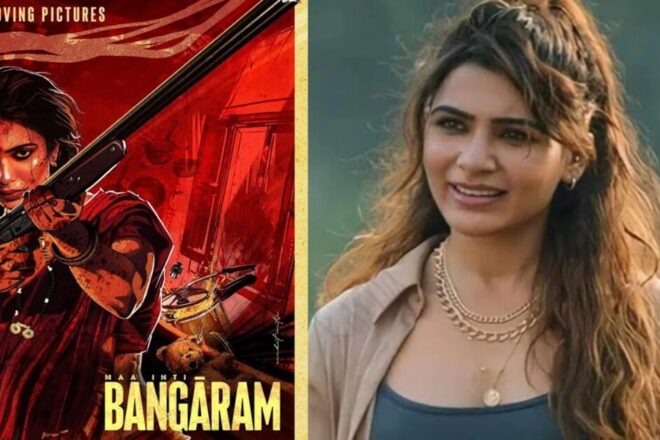
Tamil Matrimony | Samantha Ruth Prabhu’s upcoming movie ‘Bangaram’ first look, Poster revealed
Tamil Matrimony | South film actress Samantha Ruth Prabhu is celebrating her 37th birthday. On the special occasion of the actress’s birthday, her upcoming movie ‘Bangaram’ has been announced. The actress has created a stir in the industry by releasing the tremendous first look poster of her upcoming film ‘Bangaram’ on Instagram. | Thillai Matrimony […]
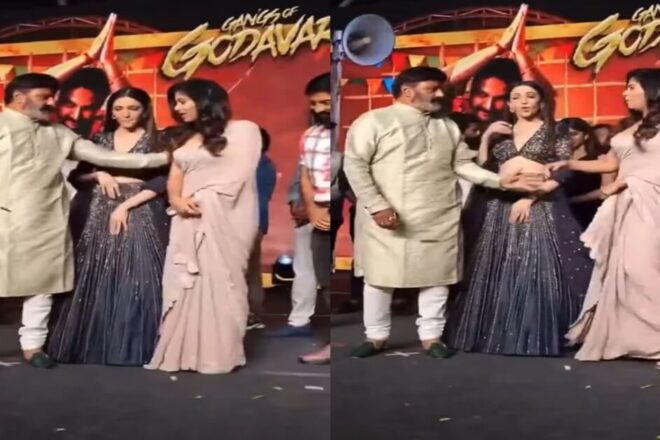
Kerala Matrimony | South’s superstar pushed the actress on stage, people got angry
Kerala Matrimony | A video of South film industry’s famous actor Nandamuri Balakrishna is becoming increasingly viral on social media, due to which Telugu superstar has come under the target of trolls. Actually, Nandamuri Balakrishna recently attended the pre-release event of the film ‘Gangs of Godavari‘. Starring Vishwak Sen, Nora Fatehi, Anjali and Neha Shetty, […]
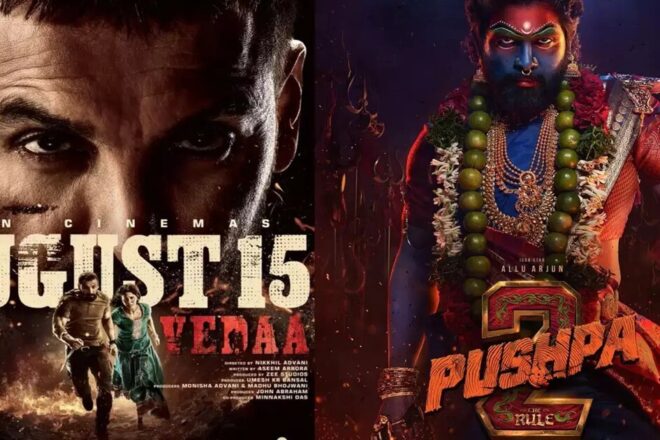
Telugu Matrimony | August 15! Allu Arjun and John Abraham to clash on box office, Pushpa 2 Vs Veda Movie
Telugu Matrimony | South superstar Allu Arjun’s film ‘Pushpa’ was released in the year 2021. This film broke all records of earnings. The audience is eagerly waiting for the sequel of this film. At the same time, the wait for the fans is finally going to end. Allu Arjun, Rashmika Mandanna and Fahadh Fazil starrer […]

